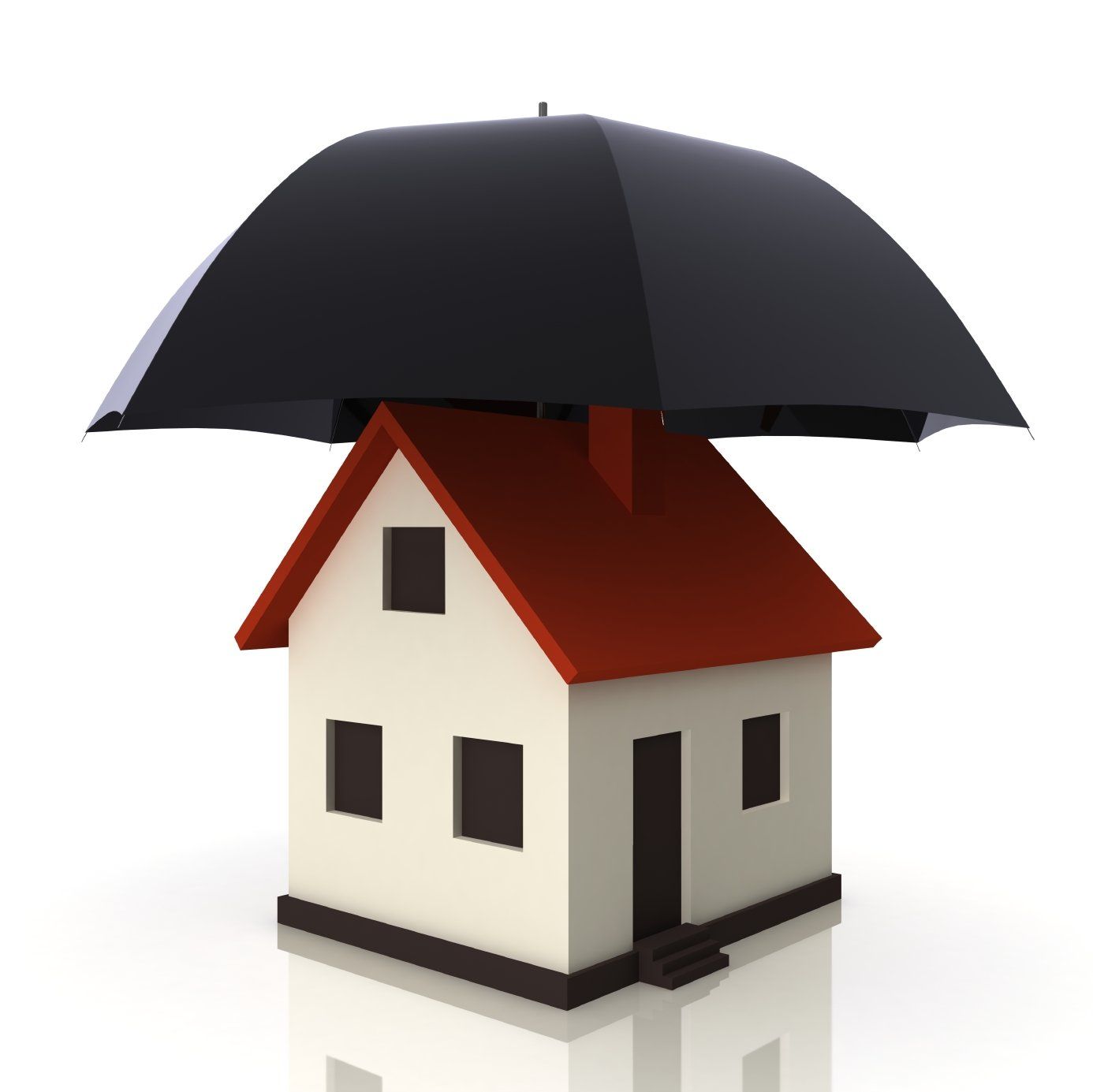Protection
Protection for You, Your Family & Your Home
As with all insurance policies, conditions and exclusions will apply.

Life Insurance

Critical Illness Cover

Income Protection





Your property may be repossessed if you do not keep up repayments on your mortgage.
There may be a fee for arranging a mortgage. This will typically be £495 however it may be 5% of the loan amount or a maximum of £1,250, whichever is lower ,The precise amount will depend on your circumstances.
The guidance and/or advice contained within this website is subject to the UK regulatory regime and is therefore primarily targeted at consumers based in the UK.
The Financial Conduct Authority does not regulate some forms of Buy to Let.
As with all insurance policies, conditions and exclusions will apply.
PJH Mortgage Solutions Ltd is registered in England and Wales, company no. 11372483
PJH Mortgage Solutions Limited T/A PJH Mortgage Solutions is an Appointed Representative of Stonebridge Mortgage Solutions Ltd, which is authorised and regulated by the Financial Conduct Authority.
Copyright © All Rights Reserved. Tamed Administration Services Limited